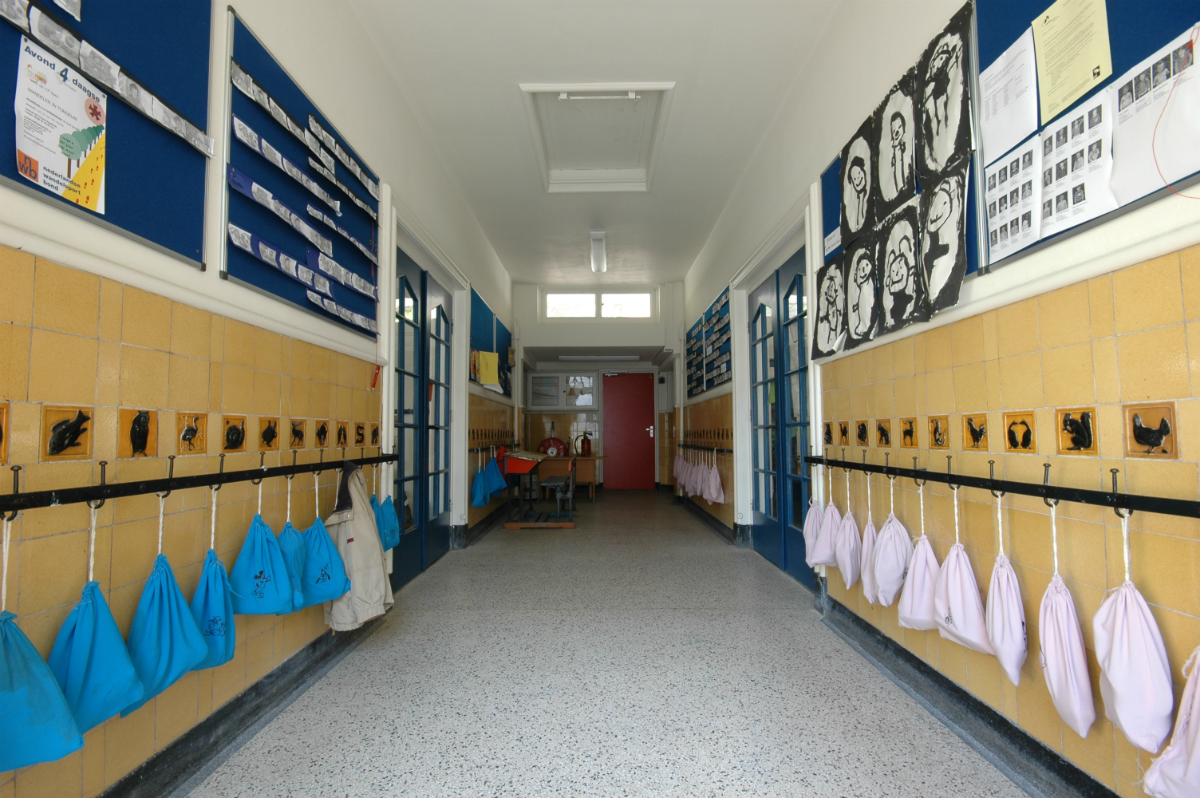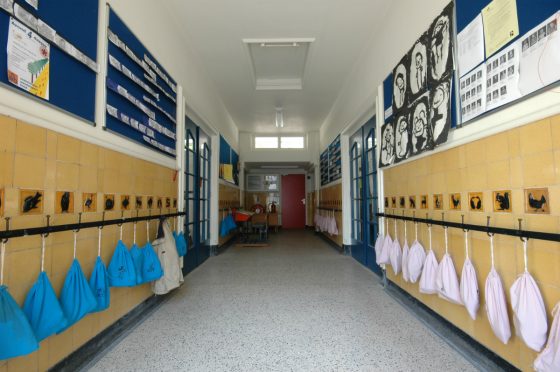Bullying in primary schools more widespread than previously thought

 Only four out of 10 popular methods to combat bullying in primary schools work, according to a new report by five universities and mental health monitor Trimbos Institute. Bullying is also more widespread than previously assumed, a survey among 8,000 children showed.
Only four out of 10 popular methods to combat bullying in primary schools work, according to a new report by five universities and mental health monitor Trimbos Institute. Bullying is also more widespread than previously assumed, a survey among 8,000 children showed.
Three anti-bullying programmes which involved the whole class were found to be effective (PRIMA, KiVA and Taakspel) while one (Alles Kidzzz) turned out to be the best of the individual approaches.
Schools are required by law to teach children about bullying but are free to chose which method to use.
The report showed 30% of primary school children experience instances of bullying at school. A smaller group, 1 in 14, is bullied more than once a week. Of this group a third does not tell anyone about the bullying and 97% of these children have been bullied over several years.
According to researcher Bram Orobio Castro of Utrecht University, the figures are higher than previously thought. ‘We always knew that the number would probably be a bit higher but we didn’t think bullying would be as widespread as this,’ he told RTL Nieuws.
Orobio Castro says children keep quiet out of fear the bullying will get worse or because they think they are to blame. ‘They are ashamed and feel they should solve the problem themselves. They feel that it is part of life and because they don’t tell anyone they develop a damaging mindset that isn’t corrected.’
Schools are obliged by law to monitor children’s well-being annually, and this includes bullying. It is vital, the researchers say, that children tell teachers and other adults if they are being bullied.
The four best scoring programmes were shown to bring down instances of bullying within a year and these need to extended and used across the board, the researchers recommend. Mandatory use is not thought to be necessary because bullying does not occur in all schools.
Thank you for donating to DutchNews.nl.
We could not provide the Dutch News service, and keep it free of charge, without the generous support of our readers. Your donations allow us to report on issues you tell us matter, and provide you with a summary of the most important Dutch news each day.
Make a donation